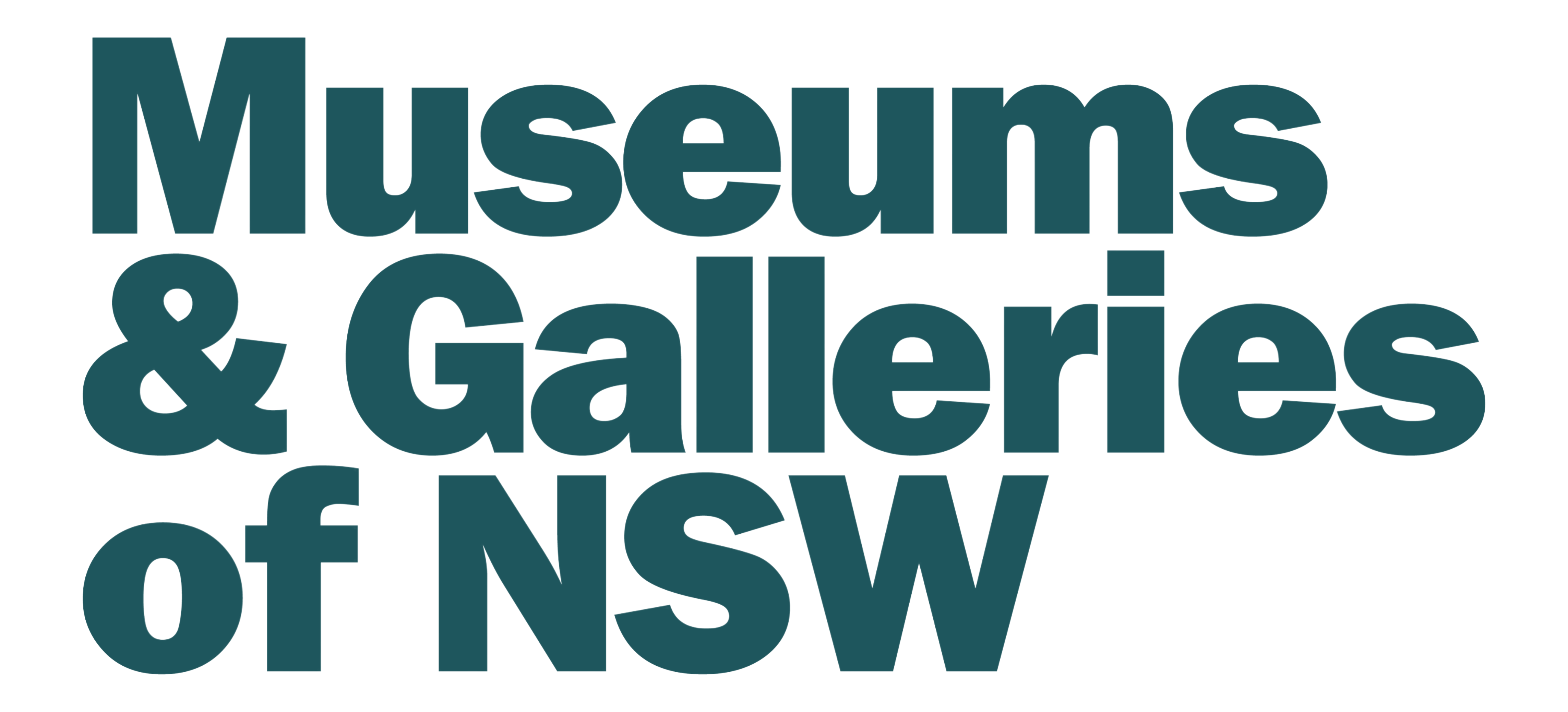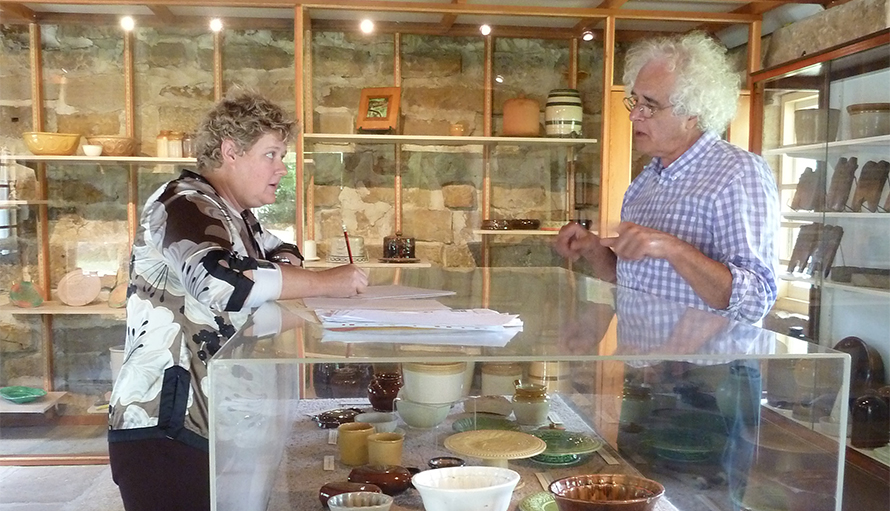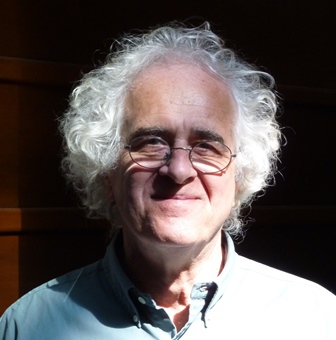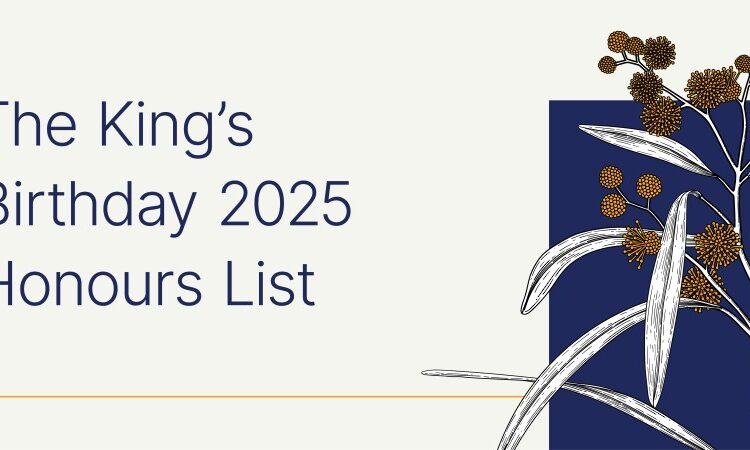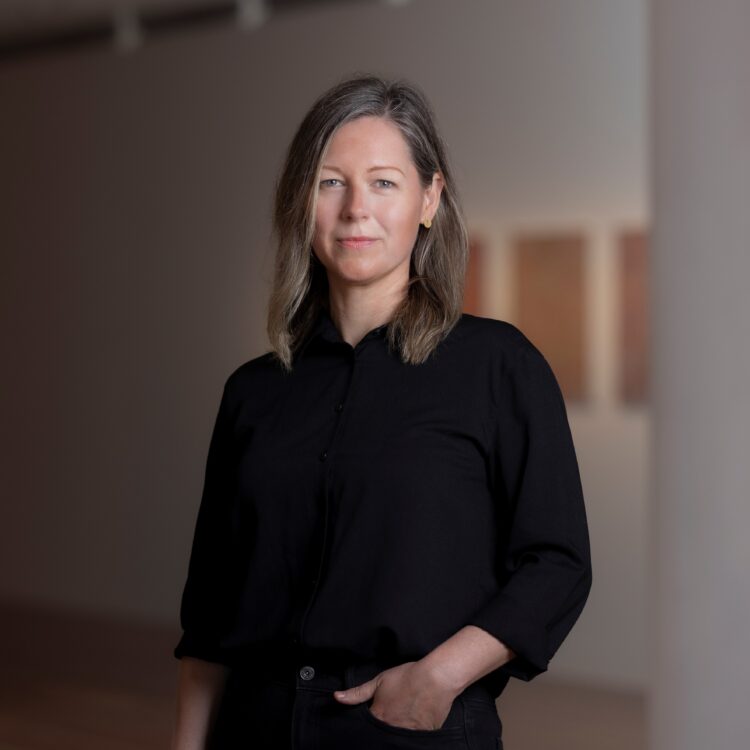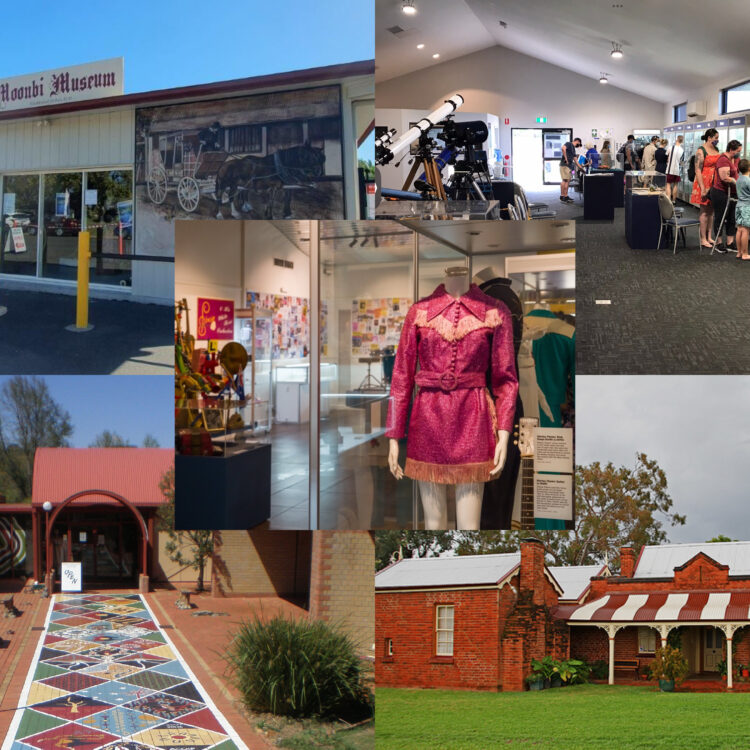Lynn Collins has been involved with the Regional Museum Advisors Program since 2009. We sat down with Lynn to find out more about him, the program and what he enjoys most about working with a diverse range of regional museums.
What region of NSW are you currently acting as a Museum Advisor?
My first Museums Advisor consultancy commenced in the Upper Hunter seven years ago. Since then I have regularly visited the Wyong, Lithgow, Blue Mountains and Broken Hill regions. I continue work in the latter two.
Are there any difficulties you face in being a museum advisor?
There are many challenges, the greatest being the busy lives volunteers and museum workers lead, leaving so few hours for museums that are hungry for time in so many areas. There is also never enough time for them to enjoy and study so many offerings at other museums near and far.
My own difficulties faced might be heavy fog, bushfire potential, fatigue driving homewards and trying to make the most of those too-short designated days in the field. Nowadays folk with smart phones like short sentences and messages of fewer than two paragraphs, so ongoing electronic liaison with clients is limited.
What are inspirational things have you encountered in working with regional museums?
There are many delights to be found amongst museums themselves and the people who dedicate their time to them.
Some of my most memorable interactions with people include helping a volunteer discover a talent for collecting oral histories to produce a smart, substantial publication; working with a small enthusiastic group was developing a tiny derelict building in Cassilis into a museum that could be visited 24/7 by peeking through the windows; and watching a dedicated new leader carefully and imaginatively sweep a moribund historical society into a new productive phase.
I also love the hush in a frail outback mosque crammed between industrial and domestic structures in Broken Hill and the joy of finding a wonderful 19th century photograph of a community picnic on a hillside in the Scone region that has survived in good condition.
The most rewarding aspect of being in the Museum Advisor program is the interaction with dedicated, proud citizens finding viable ways to keep stories of their forebears alive
What are some of the challenges that regional museums face?
How to make fusty relics exciting and speak meaningfully?
A community with many local civic concerns can only offer so many volunteer-hours. It is always a challenge making a claim for some of that time. Especially for those important yet un-glamorous jobs such as getting to those ceiling cobwebs, dusty top-shelves, and collection at the back of hefty display cabinets.
And of course, taking advantage of twenty-first century electronic-cultural opportunities is an increasing challenge.
What is the most interesting object you’ve come across in one of your museums, in your travels?
There are many curiosities one encounters, some surprising and speaking more eloquently than others. At a community museum front desk I encountered an elaborate, unclaimed drawing doodled through many, many hours, whose author may have excelled in printmaking or book-illustration.
As a large, conglomerate object, the former Charlie Pinch museum in Portland was intriguing. The husband and wife team hoarded and arranged items they found appealing over more than 35 years creating a constantly evolving “art-work”.
Our Regional Museum Advisors offer a program for small and regional museums which assists with:
- development of strategic plans for growth and sustainability
- identification and development of tourism opportunities
- developing themes and ideas for new displays and public programs
- support in identifying funding opportunities
